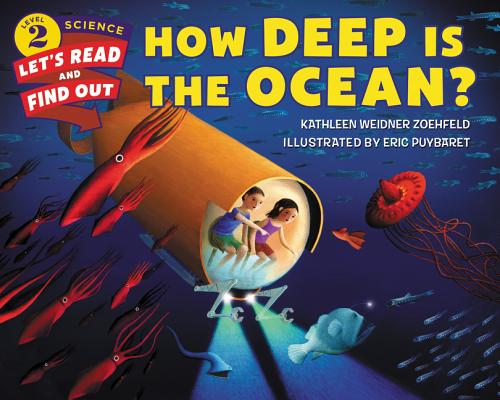
Biltekoff, Charlotte
product information
description
e is available through Luminos, University of California Press's Open Access publishing program. Visit www.luminosoa.org to learn more. In recent decades, many members of the public have come to see processed food as a problem that needs to be solved by eating "real" food and reforming the food system. But for many food industry professionals, the problem is not processed food or the food system itself, but misperceptions and irrational fears caused by the public's lack of scientific understanding. In her highly original book, Charlotte Biltekoff explores the role that science and scientific authority play in food industry responses to consumer concerns about what we eat and how it is made. As Biltekoff documents, industry efforts to correct public misperceptions through science-based education have consistently misunderstood the public's concerns, which she argues are an expression of politics. This has entrenched "food scientism" in public discourse and seeded a form of antipolitics, with broad consequences. Real Food, Real Facts offers lessons that extend well beyond food choice and will appeal to readers interested in how everyday people come to accept or reject scientific authority in matters of personal health and well-being.
member goods
No member items were found under this heading.
Return Policy
All sales are final
Shipping
No special shipping considerations available.
Shipping fees determined at checkout.







